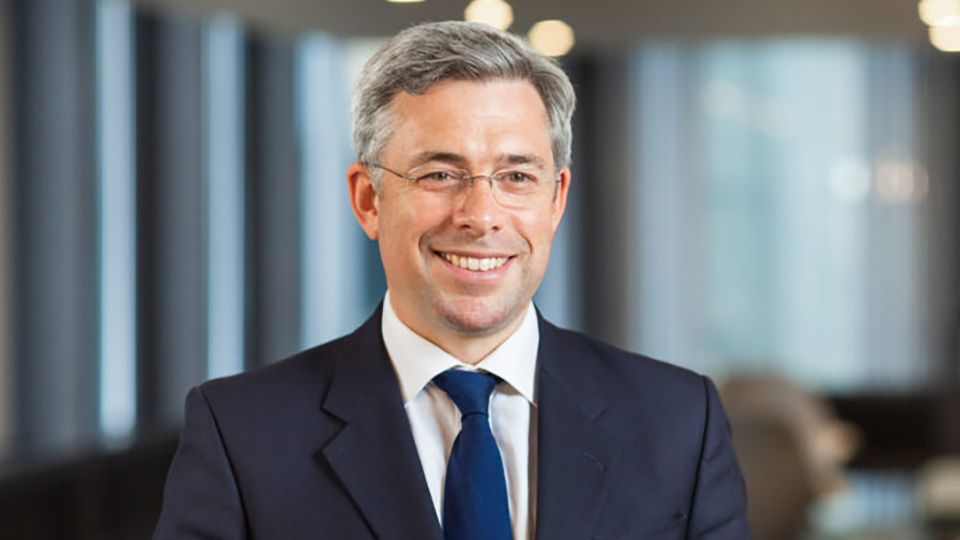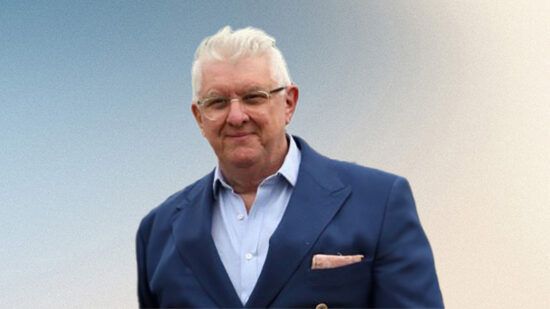Every country in the world came together late last year via the Global Stocktake at COP28 to agree that we need to step up efforts to halt and reverse deforestation by 2030.
This is widely understood now as a crucial component of tackling the climate crisis and achieving the goals of the Paris Agreement.
Six months later, many of the private sector, civil society and government officials who’ve been working to make that ambition real met up for London Climate Action Week, last week. Front and centre of minds is the risks to businesses, financial institutions and citizens from escalating climate impacts continue to rise.
See also: Aviva Investors’ Waygood: We need a complete rethink of international financial architecture
In the UK, for example, flood risk is rapidly increasing. UK farmers have been especially hard hit this year. Comprehensive national transition planning and annual reporting against progress are crucial for the pragmatic navigation of these risks, to secure businesses and investments from more catastrophic risk, and to pursue opportunities around solutions.
Within these plans and reports, we all need to be clear on the deep and interdependent links between climate and deforestation risk. Protecting and restoring forests is one of the most cost-effective ways to tackle climate change. Halting deforestation and shifting to sustainable deforestation-free production of commodities is key to protecting the investments we make on behalf of our clients and to securing resilient investment portfolios.
The economic imperative for action also aligns with huge support for climate action within the UK.
Meanwhile, 69% of UK citizens say urgent action – within the next decade – to reduce emissions across all sectors of the economy is needed to protect nature and the environment. And 77% of UK citizens think people and companies that pollute the environment, for example by causing greenhouse gas emissions, should pay higher taxes, with the money raised shared out among people and companies who pollute less. They are among the most supportive of this idea among all G20 nations.
London Climate Action Week was a chance to hear about the actions being taken by local citizens, civil society, governments and the private sector. It is an extraordinary showcase of innovation and entrepreneurship – including in the financial services sector, not least at the intersection of climate and nature. Amidst the 200+ in person and virtual events being attended by 45,000 people, you might have missed Finance Sector Deforestation Action (FSDA) progress report released last week, showing a handful of investors have begun to take deforestation extremely seriously as part of their climate transition plans. They’re collaborating with each other to learn more quickly, they’re putting in place robust policies to reduce their impact on deforestation, and using their voice to drive systemic change.
No wonder they are. The risk to investors like us, and others, from deforestation is rapidly rising. These include:
- Regulatory risk – the risks of investee companies getting caught on the wrong side of rapidly evolving regulation like the EUDR, adopted in 2023.
- Litigation risk – like that initiated by Brazilian authorities against slaughterhouses linked to deforestation.
- Value at risk – such as we have seen with 60% of companies reporting to CDP that have disclosed forest-related risks averaging $330m per company.
The investors taking steps to eliminate deforestation risks from their portfolios are at the vanguard, doing difficult work. We know from our own experience that it is not easy.
But forests are some of our greatest allies when it comes to building resilience against greater climate shocks. Investor, corporate and national decarbonisation transition plans must take into account forest-related risk and help stem deforestation. If we don’t take action on this now, we risk allowing the forests to flip from carbon sinks into carbon emitters, forcing far greater disruption to supply chains and investments than we’re already seeing today.
See also: Q&A with Aviva’s Waygood: TCFD is just the beginning
Firm action, a will to change, and the ability to think beyond our own businesses to tackle shared risks and challenges, are critical now. I’m seeing more and more of this will and determination showing up in the investor community, and that fills me with hope, but there’s still such a long way to go.
Safeguarding our common future requires eliminating agricultural commodity-driven deforestation from supply chains and investor portfolios as part of a net-zero strategy.
Having an investor voice at the table to call for this is as critical as ever, and I hope to see action on deforestation spread across the financial sector and beyond. At Aviva we’ve dedicated £38m to restore Britain’s temperate rainforests, but the really hard – and essential – work is what’s happening within our portfolios. And together through collaboration with members of the FSDA, it is possible to get our arms around the deforestation risks that lurk within portfolios, and to take action to begin to eliminate those risks and advance opportunities to transition to deforestation-free sustainable supply chains. Now we need this work to go truly mainstream across the financial sector and beyond.
I saw glimpses of that potential in London last week.








